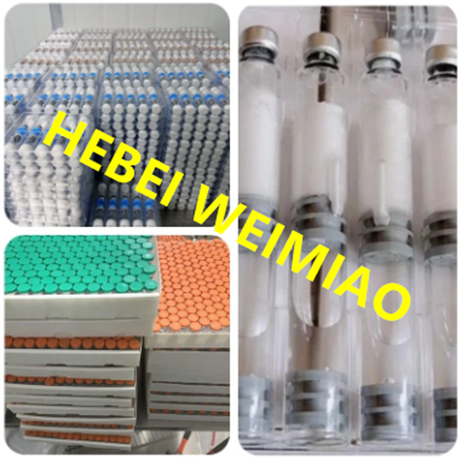
- +86-13363869198
- weimiaohb@126.com

Nov . 24, 2024 17:07 Back to list
lidocaine hcl powder
Understanding Lidocaine HCl Powder Uses and Applications
Lidocaine hydrochloride (HCl) powder is a widely used local anesthetic that has found applications in various medical fields. First synthesized in the 1940s, lidocaine has become a staple in both clinical and surgical settings due to its efficacy and rapid onset of action. This article delves into the characteristics, uses, and safety considerations of lidocaine HCl powder.
Lidocaine works by blocking sodium channels in the neuronal cell membrane, which prevents the generation and propagation of nerve impulses. This mechanism of action makes it particularly effective for localized pain relief. Lidocaine HCl powder is often reconstituted with sterile water to create an injectable solution or can be mixed with other agents for compounded formulations tailored to specific patient needs.
Understanding Lidocaine HCl Powder Uses and Applications
Beyond numbing, lidocaine has applications in cardiology. It is administered intravenously to manage certain types of life-threatening arrhythmias, particularly in emergency situations. The drug helps stabilize the cardiac membrane, making it invaluable in resuscitation efforts following a cardiac event.
lidocaine hcl powder

In recent years, lidocaine HCl powder has also gained attention in the realm of compounded medications. Pharmacists can create customized formulations combining lidocaine with other analgesics or anti-inflammatory agents to address specific conditions, such as post-operative pain or chronic pain syndromes. These compounded medications can enhance patient comfort, particularly for those who may not respond well to standard treatments.
Despite its benefits, the use of lidocaine must be approached with caution. Potential side effects include allergic reactions, cardiovascular issues, or central nervous system effects such as dizziness or seizures. Healthcare professionals are trained to recognize these risks and administer lidocaine tailored to the patient’s health status and medical history.
Moreover, regulations concerning the use of lidocaine HCl powder require proper labeling and storage to ensure safety and efficacy. It is crucial for practitioners to adhere to guidelines for dosages, particularly in vulnerable populations such as children or the elderly.
In conclusion, lidocaine HCl powder is a versatile and effective local anesthetic with a wide range of applications in medicine. From dental procedures to cardiology and pain management, lidocaine serves as an invaluable tool for healthcare providers. As with any medication, it is essential to use it judiciously and with a thorough understanding of its effects and potential risks. With ongoing research and advancements in pharmaceutical compounding, the future of lidocaine in clinical practice continues to evolve, promising enhanced patient care and outcomes.
-
High-Quality GS-441524 for White Liquid Type Factories & Suppliers
NewsJul.29,2025
-
High-Quality Pharmaceutical Intermediates for Sale – Reliable Supply
NewsJul.29,2025
-
High-Quality Pharmaceutical Intermediates for Sale - Reliable Solutions
NewsJul.29,2025
-
High-Quality Pharmaceutical Intermediates Supplier for Global Market
NewsJul.28,2025
-
GS-441524 for White Liquid Type Factories – High Purity & Reliable Supply
NewsJul.28,2025
-
Buy 158861 67 7 Peptide for Effective Weight Loss and Muscle Gain
NewsJul.27,2025